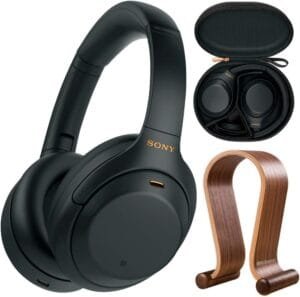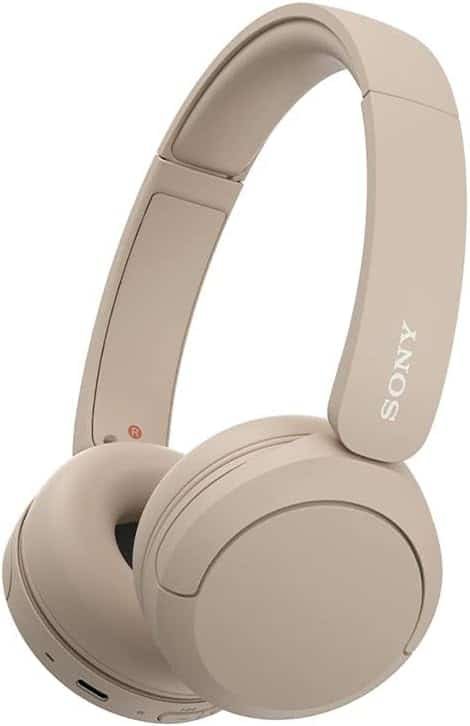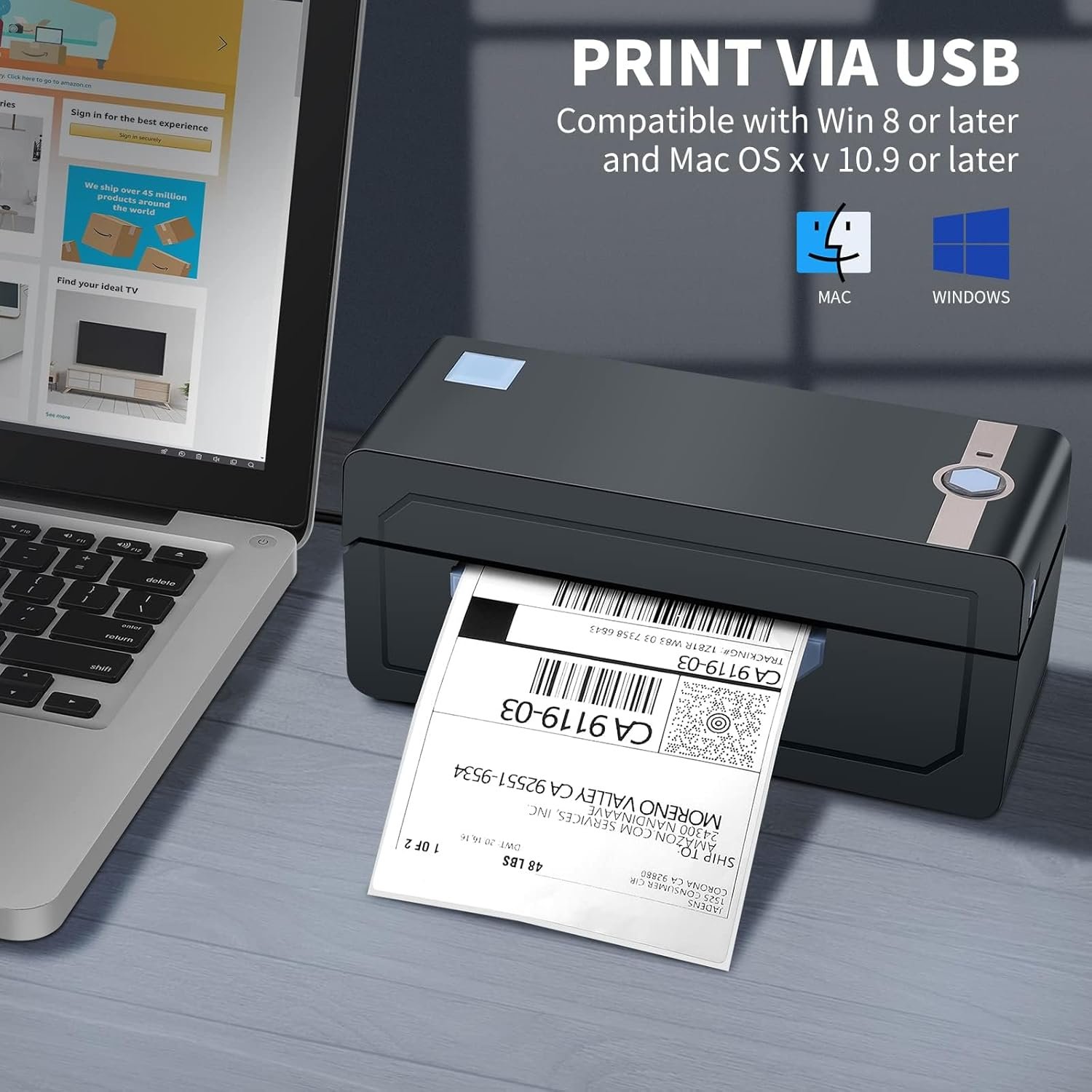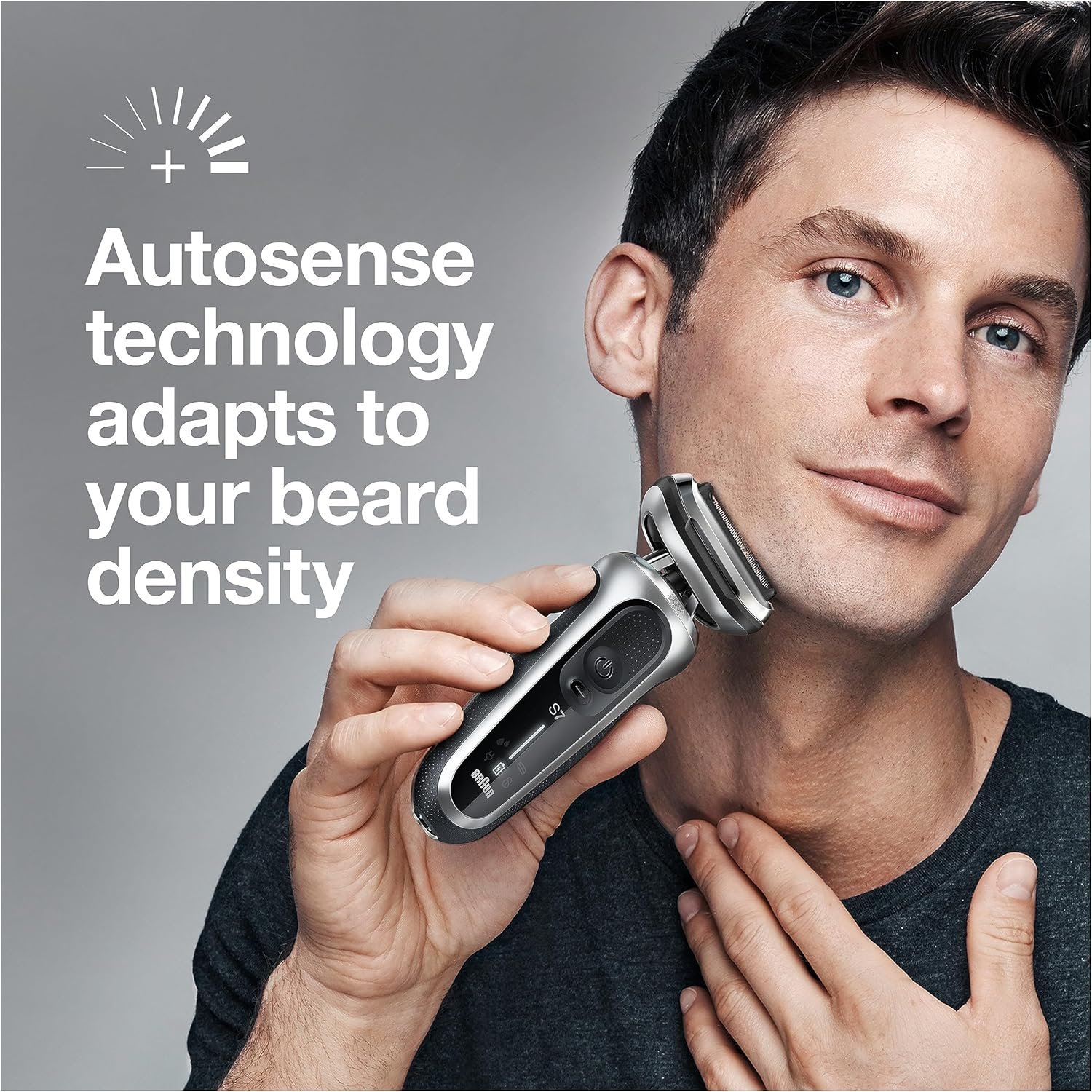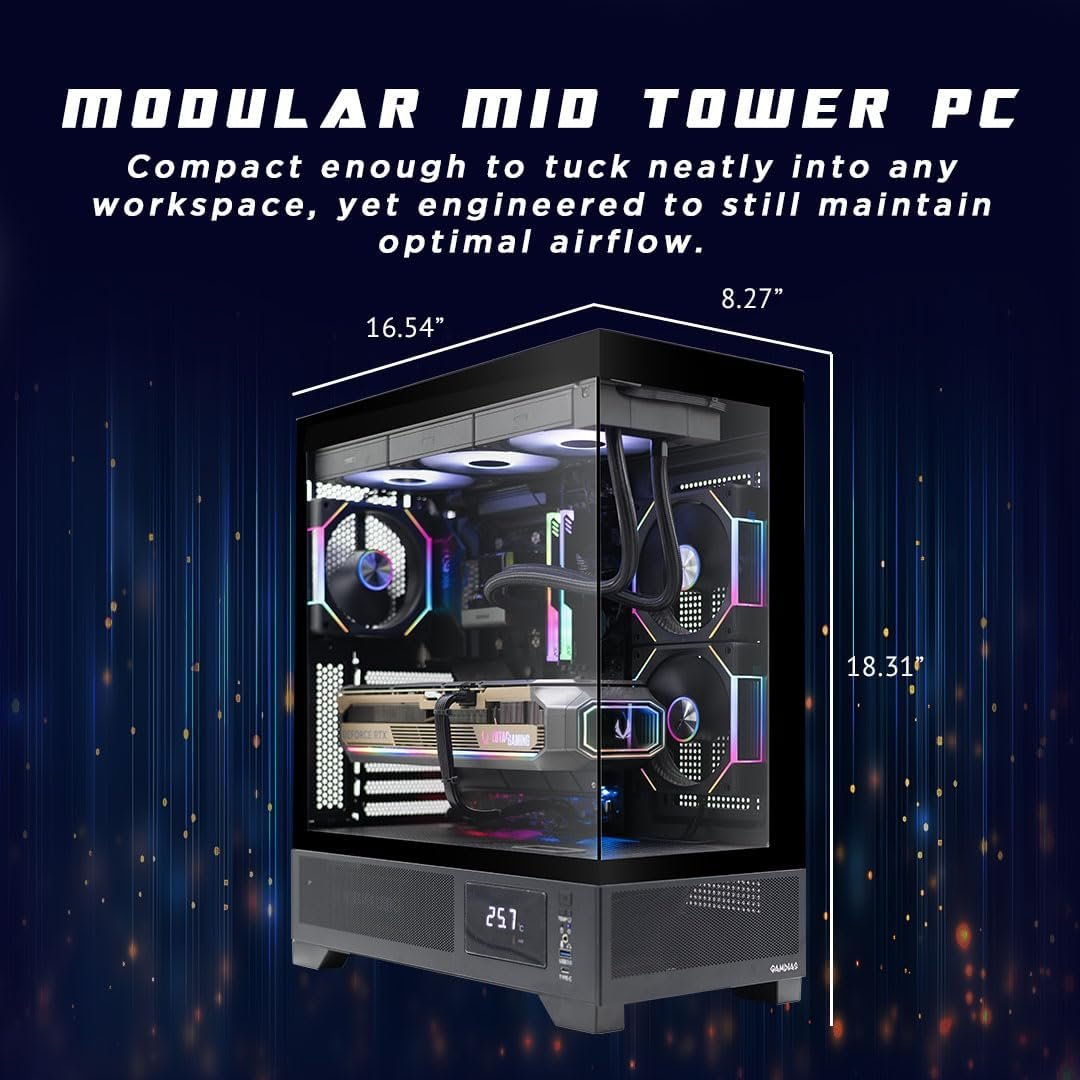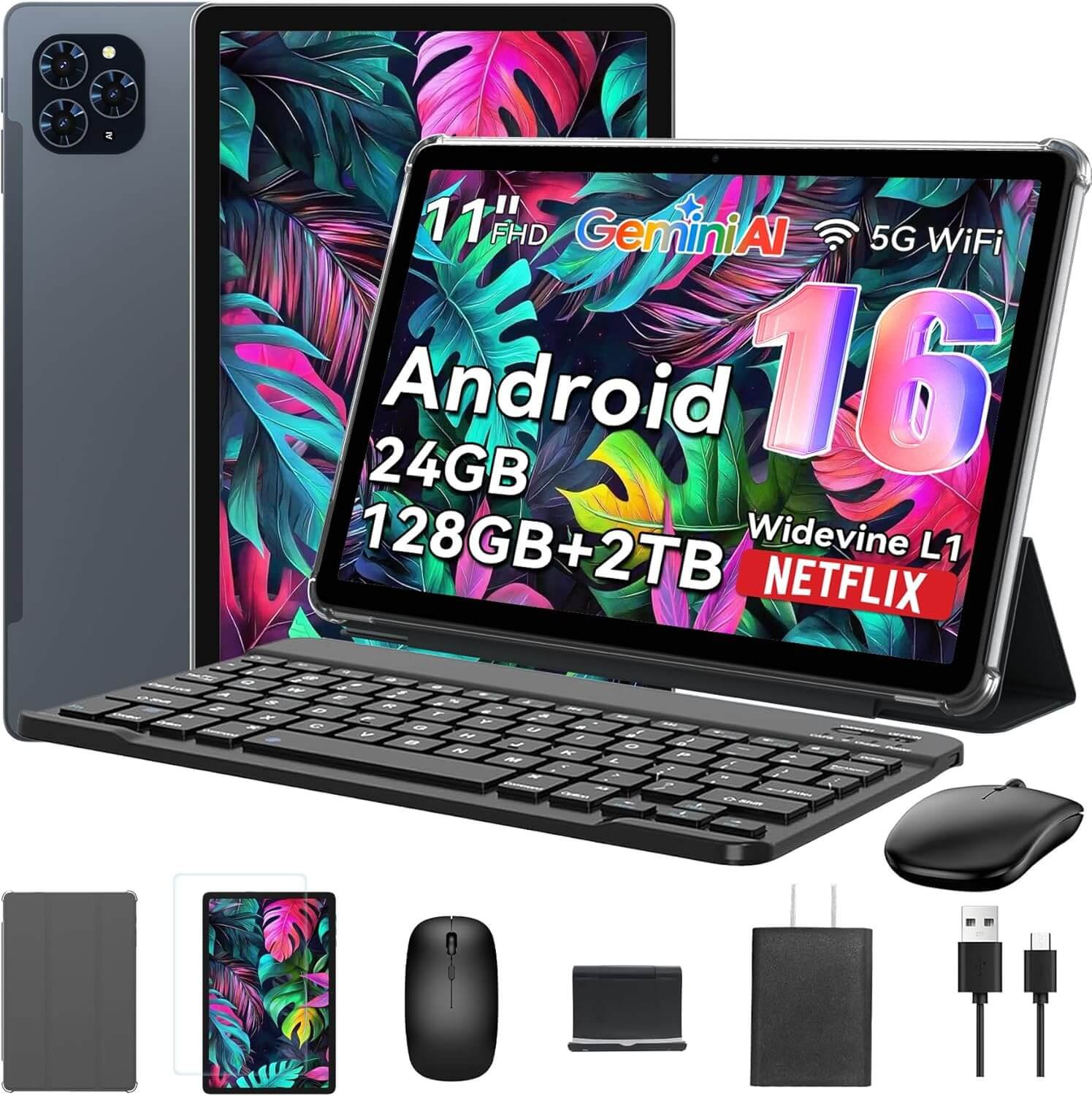Introduction to Bluetooth Headphones
Bluetooth headphones have revolutionized the way consumers experience audio, allowing users to enjoy their favorite music, podcasts, and calls wirelessly. Unlike traditional wired headphones, Bluetooth headphones utilize wireless technology to connect to devices such as smartphones, tablets, and computers, providing a seamless user experience without the constraints of cords. This wireless functionality is made possible through Bluetooth technology, which transmits audio signals over short distances using radio waves.
The rise in popularity of Bluetooth headphones can be attributed to several factors. One primary reason is the convenience they offer; users appreciate the freedom of movement provided by the absence of tangled wires. This feature has made Bluetooth headphones particularly appealing to individuals who lead active lifestyles, as they can comfortably wear them while exercising or commuting. Moreover, advancements in battery technology have resulted in improved battery life, enabling longer usage between charges, which is crucial for on-the-go consumers.
Another significant factor contributing to the growing popularity of Bluetooth headphones is the enhanced audio quality that manufacturers have strived to achieve. Over recent years, audio technology has advanced drastically, enabling Bluetooth headphones to deliver superior sound quality comparable to their wired counterparts. Noise-cancellation features have also been integrated into various models, allowing users to immerse themselves in their audio experience without distractions. Additionally, the expansion of streaming platforms has led to an increased demand for high-quality audio devices, boosting the sales of Bluetooth headphones.
As a result of these developments, the market for Bluetooth headphones has experienced remarkable growth. Industry players are continuously innovating by introducing new features, improving sound quality, and enhancing user experience. This dynamic environment positions companies like Sony as significant contenders in the competitive Bluetooth headphone market, highlighting their importance in the ongoing evolution of audio technology.
The Evolution of Sony Headphones
Since its establishment in 1946, Sony has been at the forefront of audio technology, driving innovations that have reshaped the headphone market. The company began its audio journey with the launch of the first-ever transistor radio, marking its commitment to portable audio. However, it was in the 1970s that Sony truly made its mark with the introduction of the first portable cassette player, the Walkman, which revolutionized personal music consumption. This innovation laid the groundwork for Sony’s future endeavors in headphones, as it recognized the need for high-quality sound in a portable format.
Throughout the 1980s and 1990s, Sony developed various headphone technologies, moving from basic sound reproduction to advanced features. The introduction of noise-canceling technology in the late 1980s represented a significant milestone, offering listeners an immersive experience devoid of external distractions. Sony’s dedication to research and development led to the creation of headphones that not only provided sound but also enhanced the overall auditory experience. Their ability to remain ahead of market trends set them apart from competitors.
The transition into wireless technology marked another pivotal moment for Sony, particularly with the rise of Bluetooth headphones. The release of the WH-1000X series in the mid-2000s showcased Sony’s commitment to combining cutting-edge technology with consumer needs. These headphones featured advanced noise-canceling capabilities, touch controls, and high-resolution audio support, establishing Sony as a leader in the Bluetooth headphone segment. As the demand for wireless audio grew, Sony continuously refined their products, embracing advancements in codecs and battery life to enhance user satisfaction.
Today, Sony remains a top contender in the Bluetooth headphone market, continuously evolving its products to meet the needs of audiophiles and casual users alike. With a rich history of innovation and quality, Sony headphones are synonymous with excellence in audio technology.
Understanding the Key Features of Sony Bluetooth Headphones
Sony has established itself as a leading player in the Bluetooth headphone market, largely due to its commitment to innovation and quality. A prominent feature that distinguishes Sony’s headphones is the inclusion of advanced noise cancellation technology. Sony’s proprietary Adaptive Sound Control intelligently adjusts ambient sound settings based on user activity, allowing for an immersive listening experience whether one is commuting or relaxing at home. This feature not only enhances sound quality but also offers flexibility tailored to diverse environments.
Another critical aspect of Sony Bluetooth headphones is their impressive battery life. Many models boast the ability to provide up to 30 hours of continuous playback on a single charge, making them ideal for long journeys and extensive daily use. Moreover, these headphones often come with rapid charging capabilities, allowing users to enjoy several hours of listening time with only a quick 10-minute charge. This blend of longevity and convenience meets the demands of modern consumers who require reliable audio solutions.
Sound quality is yet another cornerstone of Sony’s Bluetooth headphones. Equipped with LDAC technology, Sony headphones can transmit high-resolution audio wirelessly, ensuring that users receive a rich and detailed sound experience. The incorporation of drivers specifically designed to enhance bass response while maintaining clarity across all frequencies further solidifies Sony’s reputation for excellence in audio performance.
Connectivity options also play a vital role in the popularity of Sony headphones. Many models support multi-device pairing, enabling users to seamlessly switch between devices without the need to disconnect and reconnect. This feature, combined with stable Bluetooth connectivity, enhances user experience, making Sony products a preferable choice for tech-savvy individuals seeking reliable performance.
Pros of Choosing Sony Bluetooth Headphones
When considering options in the realm of Bluetooth headphones, Sony undoubtedly stands out as a frontrunner, largely due to its commitment to exceptional sound quality. Users consistently report that Sony headphones deliver an impressive audio experience characterized by rich bass, clear mids, and detailed highs. This superior sound performance is a product of advanced driver technology and the brand’s dedication to audio engineering, making it a preferred choice for audiophiles and casual listeners alike.
Another advantage of Sony Bluetooth headphones is the incorporation of innovative technologies that enhance the listening experience. For instance, many models feature Adaptive Sound Control, which automatically adjusts noise cancellation levels based on the user’s environment. This technology allows users to immerse themselves in music while filtering out unwanted noise when traveling or commuting. Additionally, Sony headphones equipped with LDAC technology enable high-resolution audio streaming, ensuring that audio quality remains uncompromised even in wireless mode.
Moreover, user-friendly interfaces are integral to the appeal of Sony’s Bluetooth headphones. Many models come equipped with touch controls, allowing users to manage playback, adjust volume, and take calls effortlessly. The inclusion of voice assistant compatibility further streamlines the user experience, enabling hands-free operation and convenience. Feedback from users highlights how easy it is to pair these headphones with devices, reducing the setup time to a matter of seconds.
In conclusion, the blend of exceptional sound quality, innovative technologies, and user-centric features positions Sony Bluetooth headphones as a top choice in the market. The brand’s relentless pursuit of audio excellence, combined with its focus on enhancing user experience, solidifies its status in the competitive landscape of wireless audio solutions.
Cons and Limitations of Sony Bluetooth Headphones
While Sony has established itself as a top contender in the Bluetooth headphone market, it is important to examine some of the limitations that come with its products. One of the first considerations is pricing; Sony headphones tend to be on the higher end of the price spectrum. This might deter budget-conscious consumers who are seeking more affordable options without compromising quality. Although the audio performance and features of Sony headphones justify the price for many users, it can be a considerable barrier for potential customers.
Another factor to consider is the weight of some Sony Bluetooth headphones. Although many of their models boast premium materials and advanced sound technology, this often comes at the cost of increased weight. For users who prioritize portability and comfort during extended listening sessions, heavier headphones can become cumbersome. This issue is particularly relevant for those who intend to use the headphones during physical activities such as jogging or working out.
Compatibility is also a crucial aspect to note. While Sony Bluetooth headphones are designed to work seamlessly with a wide range of devices, there can be occasional issues with compatibility across different brands and operating systems. Some users have reported difficulties in pairing their headphones with specific smartphones or laptops, leading to an unsatisfactory experience. These hiccups can lead to frustration and may prompt consumers to consider alternative brands known for broader compatibility.
In summary, while Sony Bluetooth headphones offer exceptional audio quality and features, potential buyers should be aware of the higher price tags, weight considerations, and occasional compatibility limitations. Balancing these factors against their many benefits is essential for making an informed decision.
Comparing Sony with Competitors
When evaluating the Bluetooth headphone market, Sony consistently stands out as a top contender, not only for its innovative technology and sound quality but also for its competitive positioning against other well-regarded brands. When comparing Sony headphones with competitors such as Bose, Sennheiser, and Apple, several key factors come into play, including audio performance, noise-canceling capabilities, comfort, and value for money.
Audio quality is often the hallmark of any reputable headphones. Sony’s industry-leading LDAC codec enhances audio streaming, offering high-resolution sound that rivals Bose’s proprietary sound technologies. While Bose is renowned for its superior noise cancellation, Sony has made significant strides with its Adaptive Sound Control feature, which automatically adjusts settings based on user activity. This unique capability allows Sony headphones to deliver an unparalleled listening experience, effectively competing with Bose’s market-leading noise-canceling headphones.
Comfort and design are also critical aspects to consider. Both Sony and Sennheiser offer ergonomic designs that cater to long listening sessions, but Sennheiser often appeals to audiophiles with their premium materials and customizability. In contrast, Sony’s emphasis on a balanced sound profile makes its models versatile for various genres, enhancing overall user satisfaction. Apple’s AirPods Pro, while not direct competitors in terms of design and use case, have carved out a niche with their seamless integration into the Apple ecosystem. However, when one considers sound quality and battery life, Sony frequently outshines Apple in these categories.
Ultimately, while each brand exhibits its strengths, Sony Bluetooth headphones maintain a formidable reputation for audio fidelity, advanced features, and overall value. When navigating the competitive landscape of Bluetooth headphones, it is essential for consumers to weigh these factors against their personal preferences to ascertain the best option tailored to their unique listening needs.
Customer Feedback and User Experiences
Customer feedback plays a pivotal role in understanding the effectiveness and appeal of Sony Bluetooth headphones. Reviews from real users reveal a significant consensus regarding the brand’s commitment to quality and user satisfaction. A multitude of customers praise Sony for its exceptional sound quality, indicating that the audio performance is one of the defining traits that attract them to these products. Reports of clear highs and deep bass resonate with many users, making Sony headphones a favored choice for audiophiles and casual listeners alike.
Additionally, comfort is another aspect frequently highlighted in user reviews. Many users note that the ergonomic design of Sony headphones allows for extended listening without discomfort. Whether using the headphones for casual listening, workouts, or long commutes, consumers appreciate that they can enjoy their audio experience without feeling fatigued. The adjustable features and variety of options cater to diverse needs, making them suitable for various lifestyles.
User experiences also underscore the reliability of Sony Bluetooth headphones regarding connectivity. Many reviewers mention the fast pairing capabilities and stable Bluetooth connections, highlighting how they enjoy uninterrupted listening sessions. This reliability is particularly essential in today’s fast-paced environment, where consumers expect their devices to perform efficiently without constant disruptions.
Moreover, several customers have shared their positive experiences regarding battery life. Many review threads showcase satisfaction with the longevity of use, often extending across several days without needing a recharge. This aspect significantly enhances user satisfaction, as busy individuals prefer devices that require minimal downtime.
In conclusion, insights from a diverse group of users demonstrate that Sony Bluetooth headphones are well-regarded for their sound quality, comfort, connectivity, and battery efficiency. This combination of positive user experiences positions Sony as a leading contender in the Bluetooth headphone market.
Future Trends in Bluetooth Headphones and Sony’s Position
The Bluetooth headphone market is evolving rapidly, driven by advancements in technology and shifting consumer preferences. One of the most significant trends is the integration of artificial intelligence and machine learning into audio products. This allows headphones to adapt sound profiles based on the user’s environment, providing an enhanced listening experience. Sony’s commitment to innovation positions it well to leverage these advancements. Their recent releases, which feature AI-driven noise cancellation and adaptive sound control, set a benchmark in the industry.
Another emerging trend is the growing consumer demand for sustainability. Many buyers are becoming more environmentally conscious, seeking products that either minimize their ecological footprint or are made from recycled materials. Sony has recognized this shift and is actively working to implement sustainable practices in its product design and manufacturing processes. By prioritizing sustainability, the company not only adheres to consumer preferences but also establishes itself as a responsible brand, enhancing its reputation in the competitive Bluetooth headphone space.
Additionally, there is a noticeable uptick in demand for customizable audio experiences. Consumers increasingly desire headphones that allow them to fine-tune sound settings to suit personal preferences or adapt to various listening environments. Sony’s approach has included developing user-friendly apps that empower customers to adjust equalizer settings and sound profiles easily. This adaptability not only meets consumer demands but also fortifies Sony’s position as a market leader.
In conclusion, the future of Bluetooth headphones is poised for significant advancements in technology, sustainability, and customization. As these trends continue to emerge, Sony’s forward-thinking strategies and commitment to innovation place it in an advantageous position to remain a top contender in the competitive landscape. Monitoring these developments will be essential for understanding how consumer preferences will shape the future of audio technology.
Conclusion and A Note of Thanks
In summation, Sony has established itself as a formidable player in the Bluetooth headphone market, characterized by its unwavering commitment to innovation, sound quality, and user-centric features. The brand’s extensive range of Bluetooth headphones caters to diverse consumer preferences, whether one seeks immersive audio experiences, noise-cancellation technology, or stylish designs. Each product is thoughtfully engineered to meet the evolving demands of audiophiles and casual listeners alike, reinforcing Sony’s reputation as a trailblazer in audio technology.
The article has highlighted several key attributes that delineate Sony from its competitors. First and foremost, the brand’s proficiency in developing cutting-edge audio technology, such as its LDAC codec and adaptive sound control, demonstrates its capability to deliver superior sound performance. Additionally, the integration of smart features, such as voice assistant compatibility and touch control functionality, caters to a modern lifestyle, making Sony’s Bluetooth headphones not only a choice for sound quality but also for convenience and usability.
Moreover, Sony’s commitment to customer satisfaction is evidenced by its user feedback mechanisms and regular firmware updates, ensuring that users can enjoy enhanced features and performance over time. This level of care and attention significantly boosts consumer loyalty, positioning Sony as a go-to brand for many individuals looking for reliable and high-quality Bluetooth headphones.
We greatly appreciate your time and attention in exploring the reasons why Sony stands out in the Bluetooth headphone market. It is our hope that this article has provided valuable insights, and we look forward to sharing more information with you in the future. Thank you for your continued interest, and we hope to see you again soon.
Sony WH-CH520 Wireless Headphones Bluetooth On-Ear Headset with Microphone
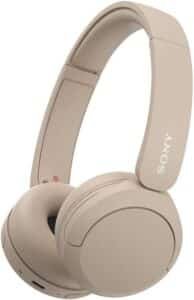

Sony WH-1000XM4 Wireless Premium Noise Canceling Overhead Headphones with Mic for Phone-Call and Alexa Voice Control
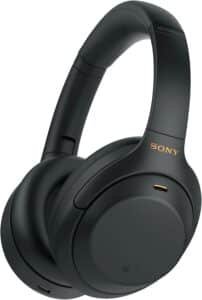

Sony WH1000XM5/B Wireless Noise Canceling Headphones (Black) Bundle with Deco Gear Hard Case + Pro Audio Headphone Stand + Microfiber Cleaning Cloth
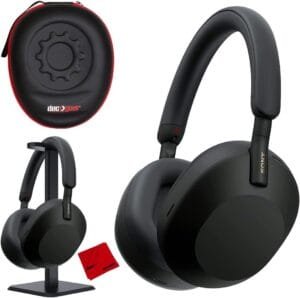

Sony WH-XB910N EXTRA BASS Noise Cancelling Headphones, Wireless Bluetooth Over the Ear Headset with Microphone and Alexa Voice Control
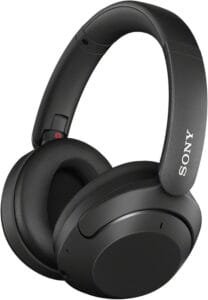

Sony WH1000XM4/B Premium Noise Cancelling Wireless Over-The-Ear Headphones Bundle with Deco Gear Wood Headphone Display Stand and Protective Travel Carry Case
